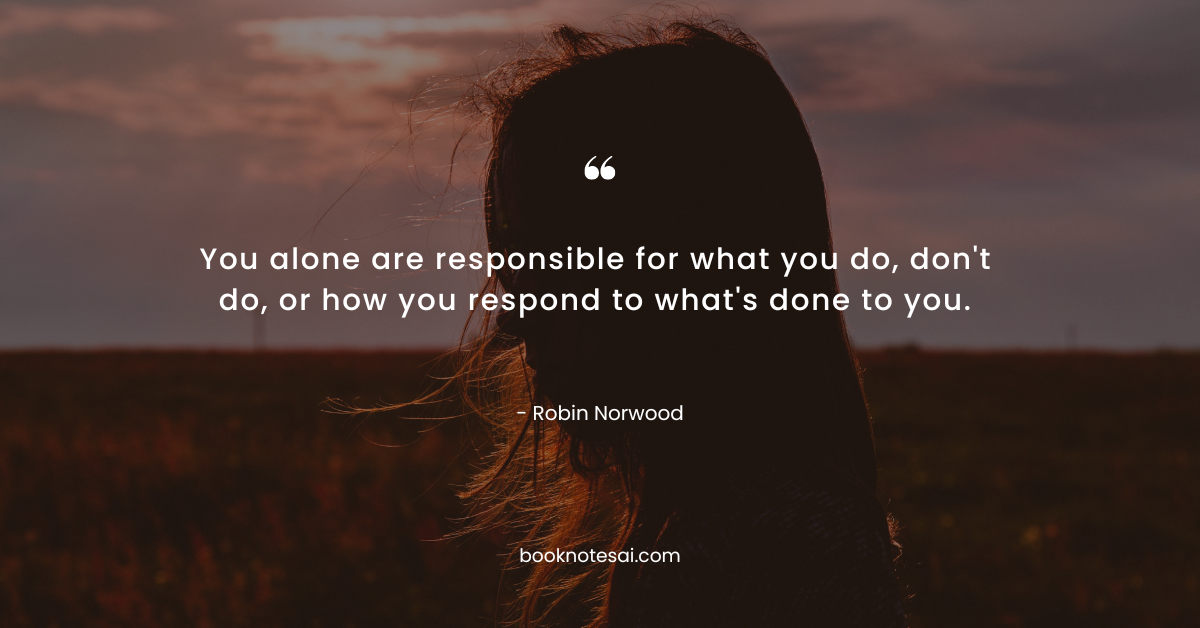Listen To This Post
How to Win Friends and Influence People Summary: The Timeless Classic for Personal Success.
You can go after the job you want—and get it!
You can take the job you have—and improve it!
You can take any situation—and make it work for you!

This is a book summary for How to Win Friends and Influence People by Dale Carnegie. The essential information is structured to be practical, clear, and really helpful, while also saving you a bunch of time.
Introduction: Why this book?
- In How to Win Friends and Influence People, Dale Carnegie unveils timeless principles for interpersonal relationships and professional success.
- By delving into this book, you gain invaluable insights into human psychology and learn practical strategies for enhancing your communication skills.
How to Win Friends and Influence People Summary:
- Dale Carnegie emphasizes the importance of understanding human nature and fostering genuine connections.
- Through anecdotes and real-life examples, he illustrates the power of empathy, appreciation, and honesty in building strong relationships.
- Carnegie advocates for active listening and avoiding criticism or condemnation to win people over.
- The book highlights the significance of acknowledging others’ perspectives and making them feel important.
- Ultimately, How to Win Friends and Influence People serves as a comprehensive guide to mastering the art of communication and interpersonal influence.
💡 5 Big Ideas
- Empathy and Understanding:
Carnegie underscores the need to empathize with others’ viewpoints to establish rapport and trust. By genuinely understanding their perspectives, we can forge stronger connections and resolve conflicts effectively. - The Power of Appreciation:
Expressing genuine appreciation and admiration towards others boosts their self-esteem and fosters goodwill. This simple yet powerful gesture can significantly enhance interpersonal relationships. - Effective Communication:
Carnegie emphasizes the importance of listening attentively and speaking in terms of others’ interests. By engaging in meaningful conversations and showing genuine interest, we can build lasting connections. - Handling Criticism:
Rather than criticizing or condemning others, Carnegie advocates for offering constructive feedback diplomatically. This approach encourages positive change and maintains harmonious relationships. - Influence Through Influence:
By understanding and respecting others’ desires and motivations, we can inspire them to align with our objectives. Building trust and credibility is essential for exerting positive influence.
In essence, How to Win Friends and Influence People teaches us that by understanding and respecting others, we can cultivate meaningful relationships and achieve mutual success.
Powerful Quotes
- “You can make more friends in two months by becoming interested in other people than you can in two years by trying to get other people interested in you.”
This quote emphasizes the importance of genuine interest in others to foster meaningful relationships. - “The only way to get the best of an argument is to avoid it.”
This quote highlights the value of diplomacy and conflict resolution in communication. - “Talk to someone about themselves, and they’ll listen for hours.”
This quote underscores the power of listening and showing interest in others’ lives. - “A person’s name is to that person, the sweetest sound in any language.”
This quote emphasizes the significance of addressing individuals by their names to establish rapport. - “Criticism is futile because it puts a person on the defensive and usually makes them strive to justify themselves.”
This quote highlights the counterproductive nature of criticism in interpersonal relationships. - “The only way I can get you to do anything is by giving you what you want.”
This quote underscores the importance of understanding others’ needs and motivations to influence them positively. - “Actions speak louder than words, and a smile says, ‘I like you. You make me happy. I am glad to see you.”
This quote emphasizes the power of nonverbal communication in conveying warmth and positivity. - “You can’t win an argument. You can’t because if you lose it, you lose it; and if you win it, you lose it.”
This quote encourages avoiding unnecessary arguments to maintain harmony in relationships. - “Be hearty in your approbation and lavish in your praise.”
This quote suggests the importance of sincere appreciation in reinforcing desired behaviors. - “If you want to gather honey, don’t kick over the beehive.”
This quote advises against stirring unnecessary conflict and emphasizes the importance of diplomacy in communication.
One Reason To Read This Book:
This book offers timeless principles for building meaningful relationships and achieving success in both personal and professional spheres.
Who should I recommend How to Win Friends and Influence People Summary to?
If you’re seeking to enhance your communication skills, foster better relationships, or navigate social interactions more effectively, this summary is for you.
Whether you’re a student, professional, or simply looking to improve your interpersonal skills, the insights from this book can benefit anyone.
Recommendations:
- “Influence: The Psychology of Persuasion” by Robert Cialdini
- “The 7 Habits of Highly Effective People” by Stephen Covey
- “Crucial Conversations: Tools for Talking When Stakes Are High” by Kerry Patterson, Joseph Grenny, Ron McMillan, Al Switzler
This summary serves as a complimentary guide to the reviewed title How to Win Friends and Influence People, offering key insights. For a deeper understanding, we encourage you to explore the full book.


